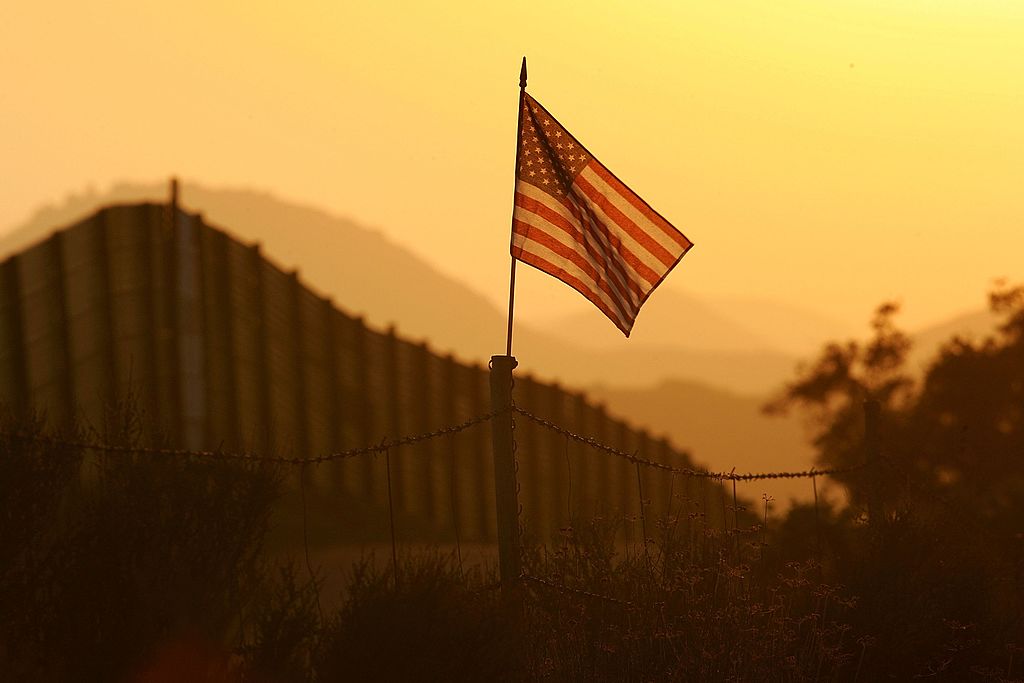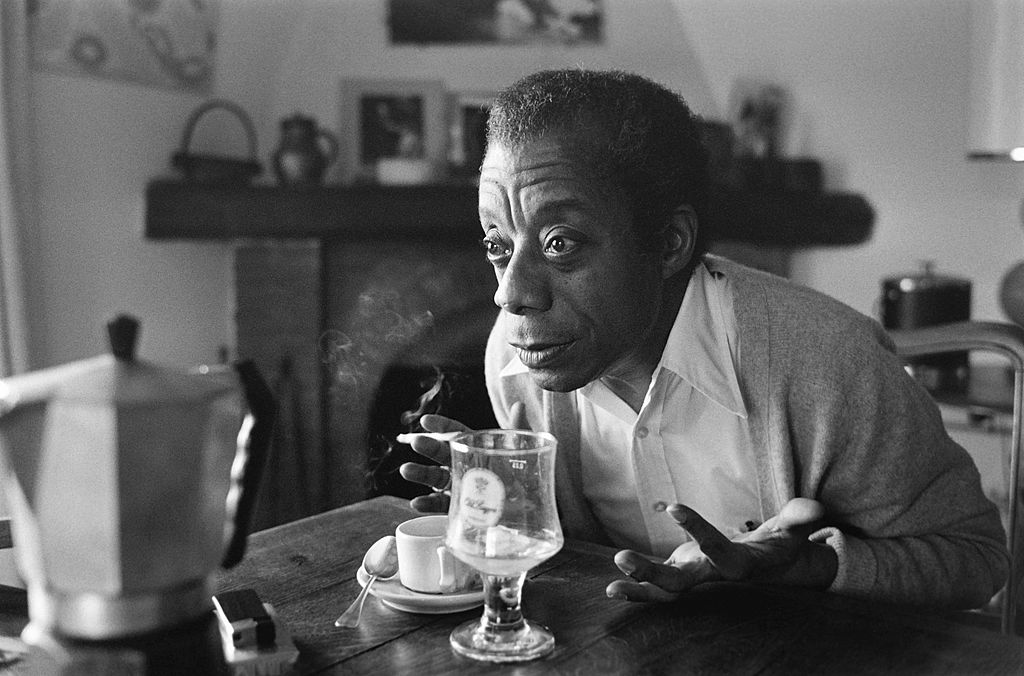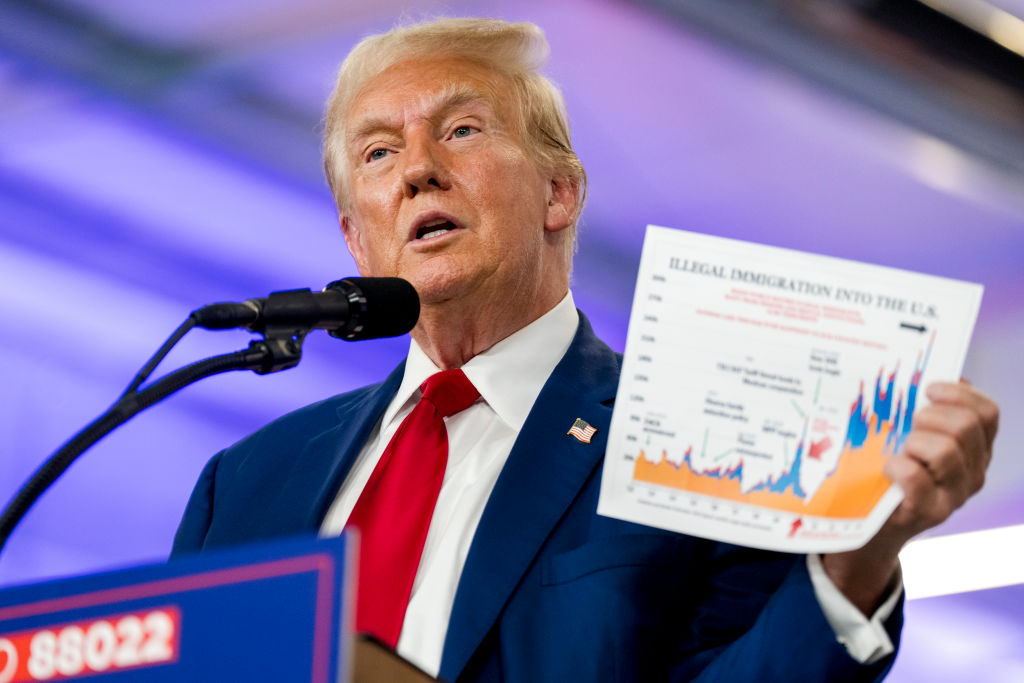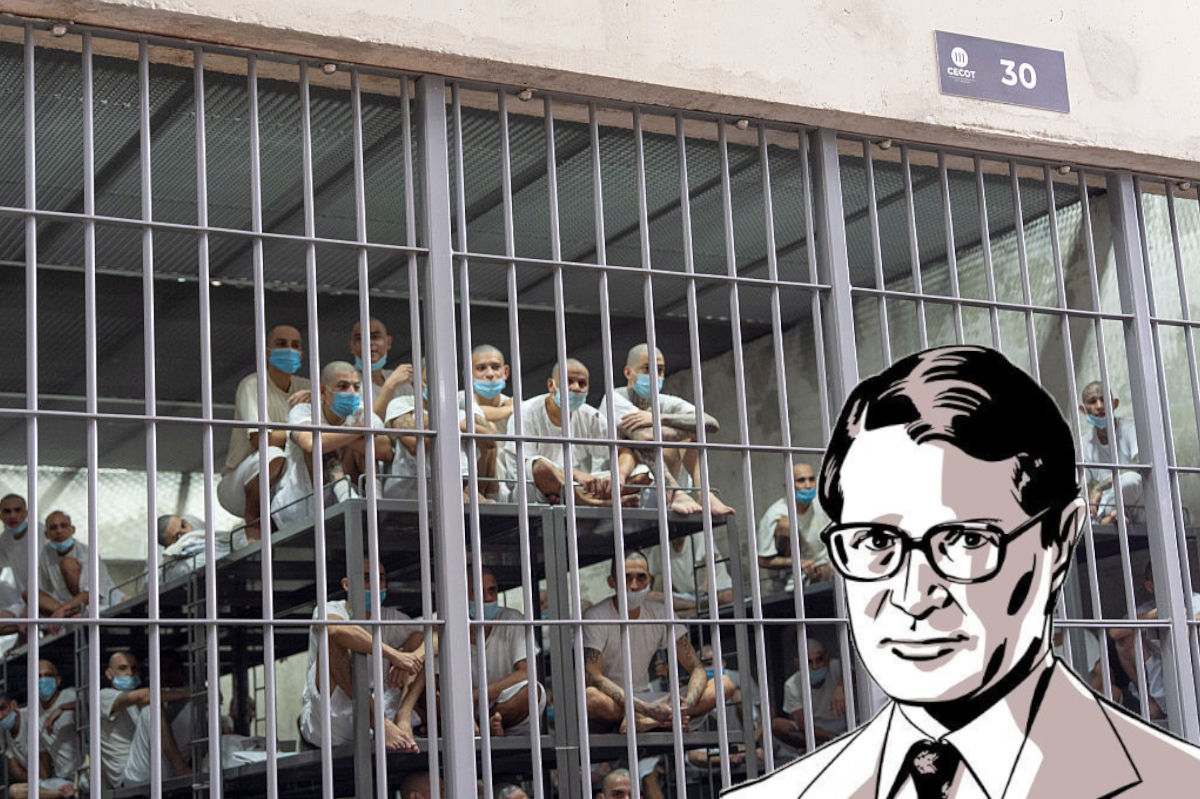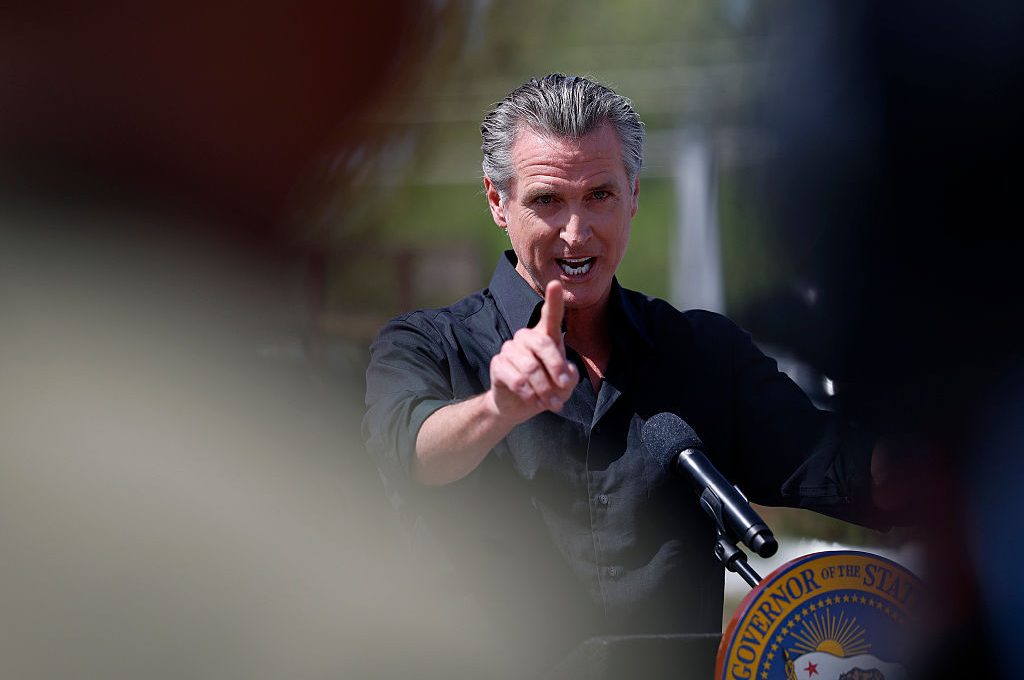The Western world, once so firmly grounded in Christianity and its Gospels, dogma and teachings, retains in the twenty-first century virtually nothing of them, the almost sole exception being the notion of sin and thus of guilt — not the Christian concept of them, but rather the modern liberal one.
To begin with, the liberal idea of sin is collective; it is also highly selective, being limited to the West in general and the Caucasian race in particular. And it is obsessive, as much so as was the Christian version among the Calvinists of Geneva, or the neurotic anticommunism prevalent among the more single-minded and hysterical outliers on the American right during the 1940s and 1950s. And, precisely as obsession encouraged the members of the John Birch Society to overestimate the danger — real as it was — that the Soviet Union posed to the soi-disant Free World in the post-war era, so too it prevents the United States and Europe from recognizing and confronting the preeminent danger facing the West today, which is the invasion of its wealthiest and most attractive societies by millions of people, carefully referred to by the Western liberals as “migrants,” from what they call “the developing world.”
The problem, of course, is that they are almost exclusively “people of color” from the Third World, and the populations under invasion predominantly “white,” a situation in which “color” morally disarms Western liberals as much, if not more, as poverty has done for many decades. In these circumstances, Western governments ranging in their political identity from left-liberal to conservative-liberal are, in their obsession with race, incapable of viewing the confrontation — Samuel Huntington’s “ clash of civilizations” — in anything other than racialist terms, thus assuring that the “migrants” are classified unofficially as victims of white colonialism deserving entry to the West and respectful acceptance by it, and the natives imagined as populations burdened by historical guilt, which they must be compelled to atone for by welcoming them.
In truth, race has little to do with popular resistance to immigration, which is driven rather by a justifiable concern with such morally legitimate and practical issues as national sovereignty and the rule of law; the problems that would accompany a sudden and overwhelming increase in population; the challenge of finding temporary accommodation and long-term housing for unprecedentedly large masses of people; the impact on local, national and regional economies and the increased strain on national health systems and on the job market; the foreseeable social problems arising from linguistic differences and the sudden introduction of a wide variety of radically alien cultures and folkways among settled and more or less homogeneous populations; and the absolute surety that saboteurs and terrorists will conceal themselves successfully within the arrivals. It is, indeed, Western governments, rather than their citizens, who have race on the brain — not least because they are busy exploiting racial resentment and friction to their own political ends.
Finally, a nation unwilling to protect its borders whose primary function is meant to be protective is no nation at all; an elementary truth of national and international politics for as long as human society has existed, yet one that contemporary liberal governments shy from as if it were a dark and shameful secret to which civilized people never allude and politely ignore. One might almost conclude that modern liberals believe that borders between nations were invented by white people for the sole purpose of excluding non- white people from their racially pure and exclusive societies.
Since President Biden acceded to the Oval Office, more than 2 million people have entered the United States illegally across a virtually open border and vanished into the interior of the country from which, with the tacit approval of the government in Washington, they will never be extracted.
During the same period, tens of thousands of people have landed in small boats from France on the southern coast of England, had their claims to be “refugees” and victims of human slavery accepted by a “conservative” government in Whitehall, the Church of England, the law courts and the National Health Service — among other British institutions — and been lodged at enormous public expense in hotels in the home counties. In France this summer, where immigration from Africa and the Near East has been uncontrolled for decades, a week-long riot by unassimilated and unemployed youths inflicted material damage amounting to $1.1 billion at incalculable cost to the stability of French governance and the larger society.
It is for future historians — and the gods — to ponder how a political movement that denies the objective reality of race should have wrecked itself and Western liberal society through its obsession with race, leaving liberal governments incapable of defending themselves and other liberal institutions. The political philosopher Kenneth Minogue wrote that a society that has contracted the liberal germ has received a fatal infection. Six decades later, he is being proven bang-on right.
This article was originally published in The Spectator’s September 2023 World edition.



